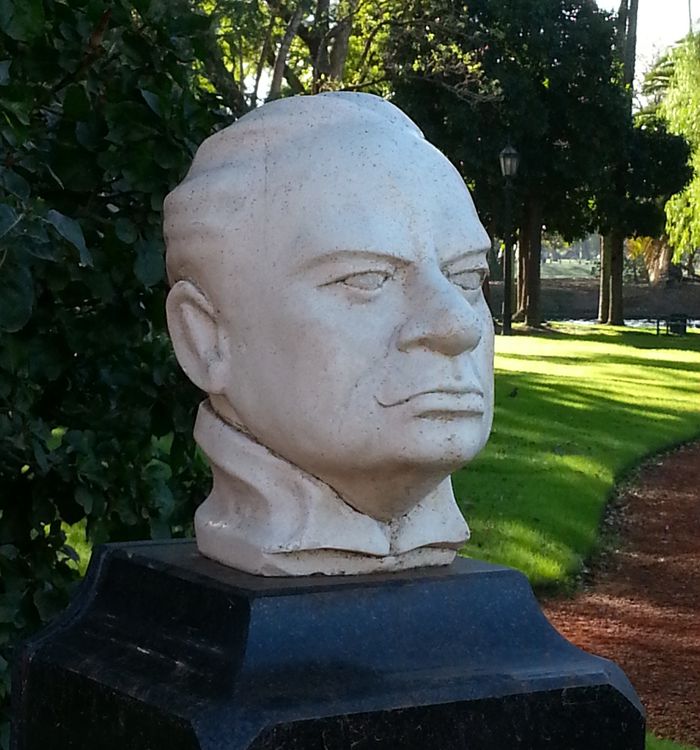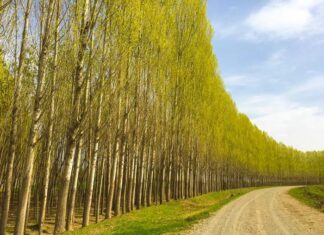What forest better than the forest of the satyr, whom he would en-chant, where he would be held as a demigod; a forest all joy, and dancing, and beauty, and voluptuousness; where nymphs and bacchantes were ever fondled and ever virginal; where there were grapes and roses and the noise of the sistrum, and where the goat-footed king danced drunk before his fauns, making gestures like Silenus?
He went with his wreath of laurel, his lyre, his proud poet`s mien, erect and radiant.
He came to where the wild and hairy satyr ruled, and at his request for hospitality, he sang. He sang of great Jove, of Eros and Aphrodite, of the graceful centaurs and of the ardent bacchantes; he sang the cup of Dionysus, and the thyrsus that strikes the joyous air, and of Pan, emperor of the mountains, sovereign of the woods, god-satyr who, too, could sing. He sang the intimacies of the air and earth, the great mother.
Thus he expounded the melody of andSolian harp, the murmuring of a grove, the hoarse whisper of a shell, and the harmonious notes that issue from the syrinx. He sang of verse which flies down from the sky and pleases the gods, of verse which accompanies the barbiton in the ode and beats time in the paean. He sang the breasts of tepid snow and the cups of wrought gold, and the throat of the bird and the glory of the sun.
And from the very beginning of his canticle the light of day shone with brighter gleams. The huge trunks were moved and there were roses that shed their petals and lilies that bent over languorously as in a tender swoon. For Orpheus, with the music of his rhythmic lyre, made the lions to moan and the very stones to weep. The most furious of the bacchantes had grown silent and listened to him as in a trance.
Anacreontic bird
A virgin naiad who never had been profaned by so much as a single glance of the satyr, drew timorously near to the singer and said to him, “I love you…” Philomel had flown down and alighted upon the lyre, like the Anacreontic bird. Now only the voice of Orpheus resounded. Nature thrilled to the hymn. Venus, who was in the near-by skies, asked from afar in her heavenly voice, “Can Apollo, perchance, be here?”
And in all that vastness of wondrous harmony, the only one who did not hear was the deaf satyr.
When the poet had ended, he said to the satyr, “Did you like my song? If you did, I shall remain with you in the forest.”
The satyr looked at his two counselors. They must settle what he could not understand. That glance asked an opinion.
“Master,” spoke the lark, forcing her throat to make its loudest sounds, “let him remain who thus has sung for us. Behold, his lyre is beautiful and powerful. He has offered you the grandeur and the radiance that you have beheld to-day in your forest. He has given you his harmony. Master, I understand these things. When the naked dawn has come and the world awakes, I rise to the highest skies and shed from yonder heights the invisible pearls of my trills, and my melody fills the air amid the morning brightness, and is the gladness of all space.
Read More about The Lighthouse Keeper of Aspinwall part 10








